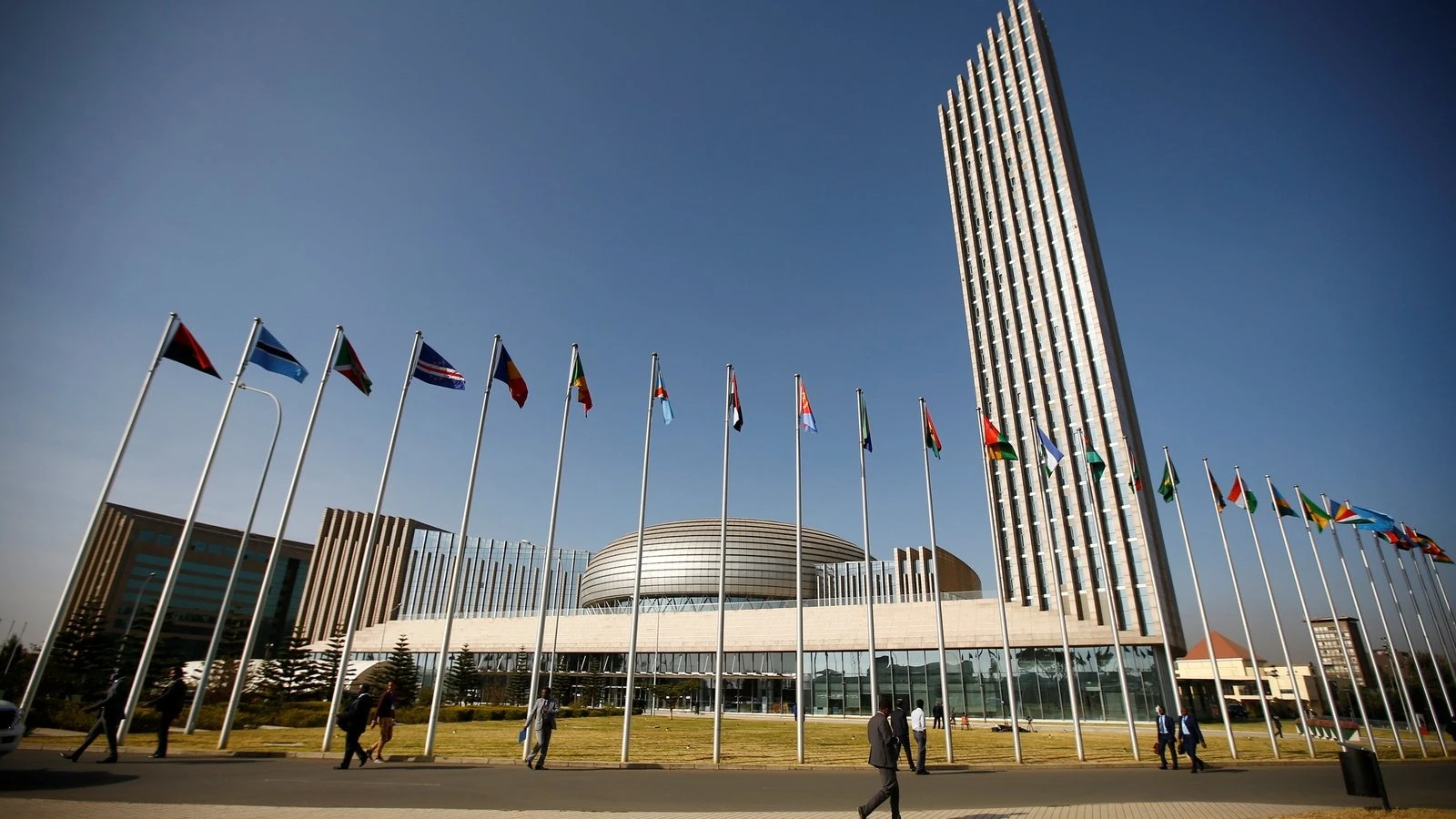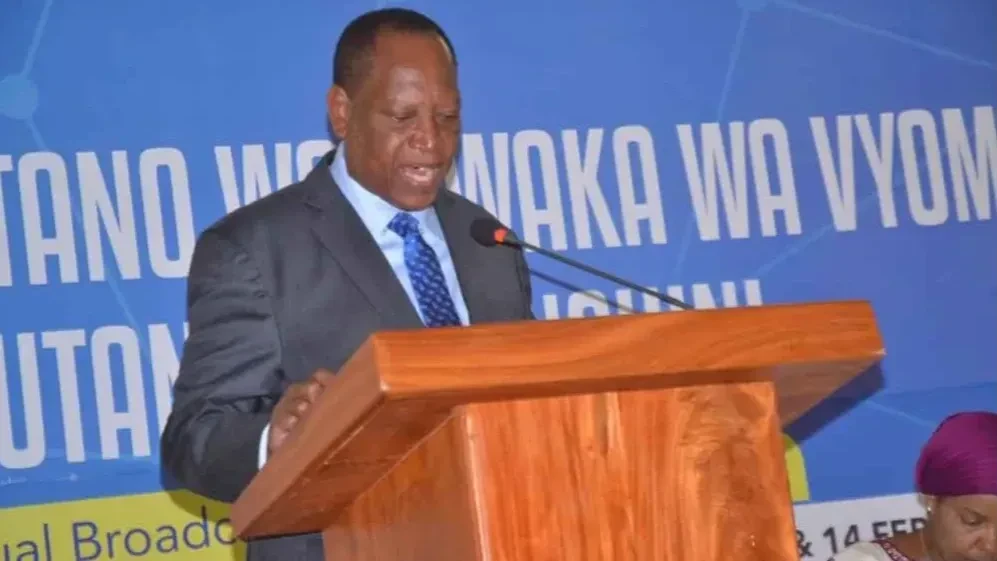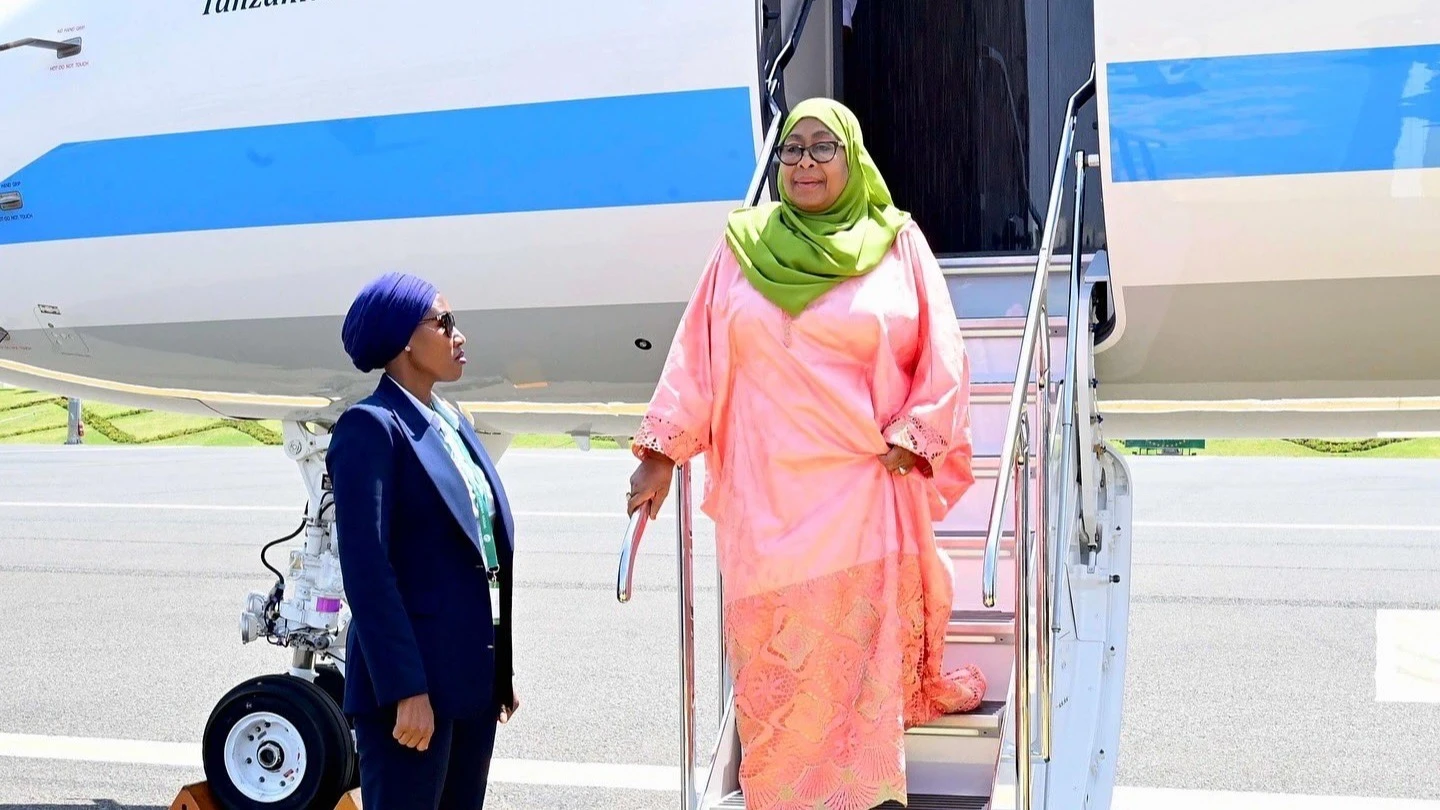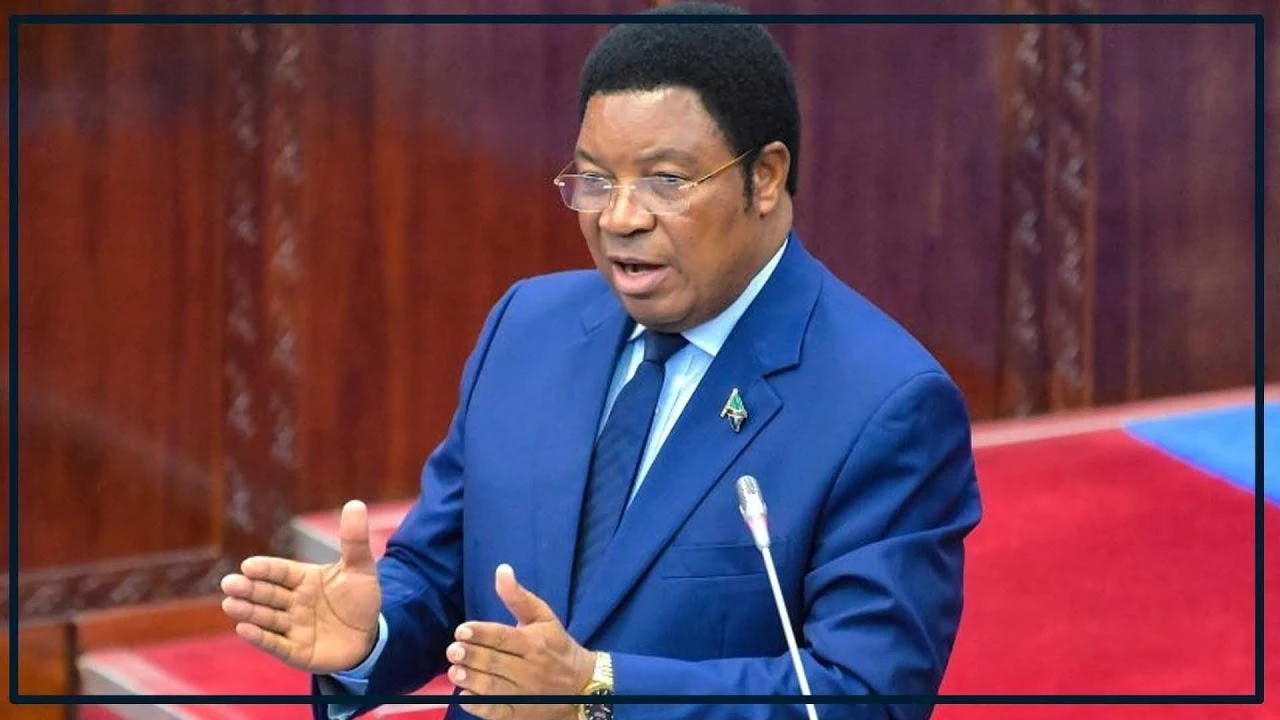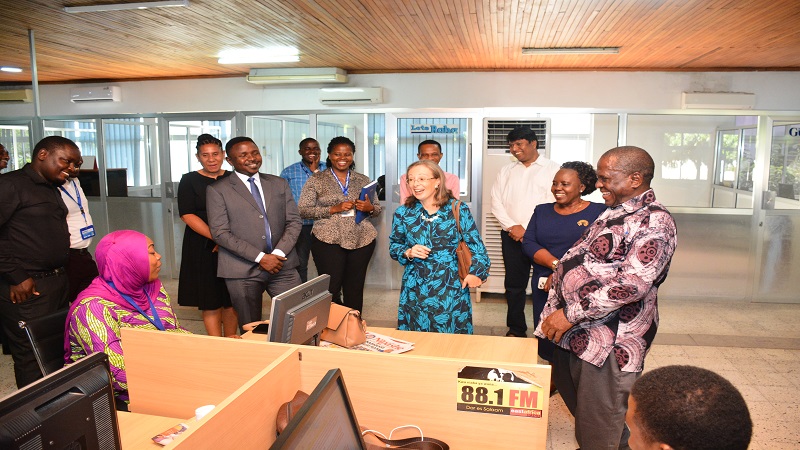TAWA: Remarkable progress recorded in curbing poaching, illegal wildlife trafficking
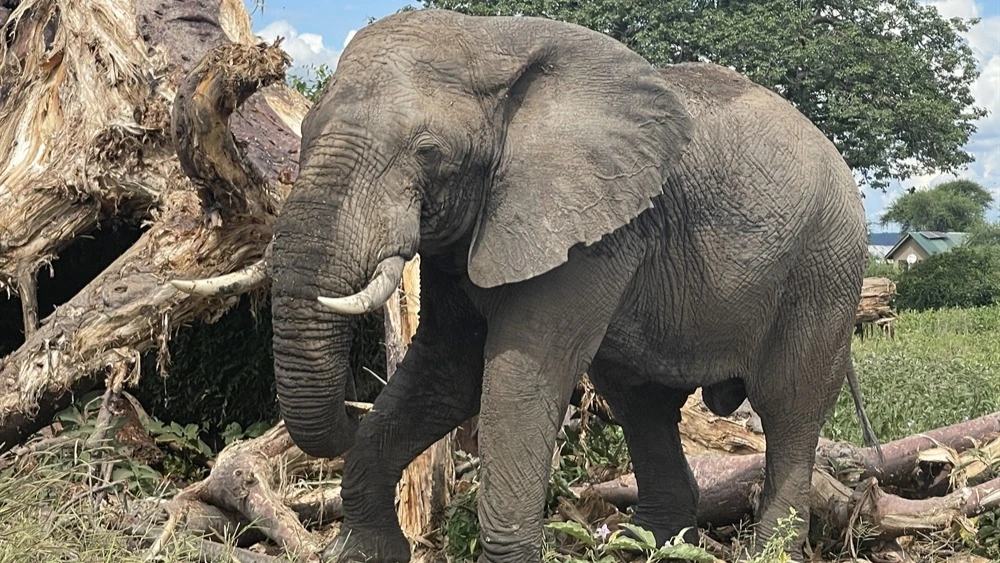
WILDLIFE crimes is defined as illegal killing, smuggling, breeding or trapping of wild animals or its derivatives for the purpose of financial profit and other material gain. Such kind of crimes can be can be committed by individual or organized group of criminals whereas it involves high profile criminals like Yang Fen Glan –Queen of Ivory.
Poaching of wildlife remains a significant threat to the country’s biodiversity, with the illegal hunting and trade of animals representing a significant challenge to conservation efforts. Wildlife crimes involve illegal buying and selling, financial transaction and money laundering. The illegal trade also fuels other serious crimes such as human trafficking and terrorism. It is the third/fourth high paid crimes.
Minister for Natural Resources and Tourism, Angellah Kairuki was recently quoted saying that promoting sustainable tourism goes hand in hand with combating poaching as the country’s diverse wildlife attract millions of tourists each year, contributing significantly to the country’s economy.
The government is investing a lot in wildlife conservation for purposes of attracting more than 5 million tourists in the country come 2025 with expected revenue of 6 billion US dollars.
Tanzania like any other country has been mostly affected by Illegal Wildlife Trade (IWT) since it is considered to be a supply and a transit country. The global IWT is estimated to generate over $10 billion per annum and it ranks ranks fourth after drugs, arms and human trafficking. Between 2009 -2015, Tanzania witnesses an increased trend of poaching which resulted in the decline of elephant population by 60 percent.
During the particular period, Tanzania was named as one of ‘the gang of eight’, along with Kenya, Uganda, Malaysia, Vietnam, the Philippines, Thailand and China.
Tryphone Kanoni is an investigator from the Tanzania Wildlife Management Authority (TAWA), he says the government resolved to establish the authority in 2016 in-lined with the Wildlife Conservation Act Cap 283, as part of measures to combat poaching as well as IWT.
“The government is determined to end poaching and the illegal wildlife trade. TAWA is mandated to ensure sustainable management of wildlife resources in Game Reserves and Game Controlled Areas that covers an area of 133,287.06 km2 (54 percent of the total size of wildlife protected areas in the country),” stated Kanoni when he briefed editors at a recently held consultative meeting in Bagamoyo which was organized by the Journalists’ Environmental Association of Tanzania (JET) and the United States Agency for International Development (USAID) Tuhifadhi Maliasili project.
Tuhifadhi Maliasili, is a five-year (2021 - 2026) nationwide project that aims to conserve the country’s biodiversity, enhance habitat connectivity and support community livelihoods.
Combating poaching and IWT
Last year the government launched the Wildlife Policy Implementation Strategy and Tanzania Elephant Implementation Plan 2023-2033, an important milestone in the on-going fight against poaching and illegal wildlife trade.
According to Kanoni there are laws such as the The constitution of the URT (1977), The Wildlife Conservation Act [CAP. 283 R.E. 2022), The Wildlife Conservation (Convention on International Trade in Endagered Species of Wild Fauna and Flora (CITES) Implementation) Regulations, 2018, The Wildlife Conservation (Dealings in Trophies) Regulations, 2010 and The Wildlife Conservation (Tourist Hunting) Regulations, 2015, The Economic and Organised Crime Control Act which are all geared to curb poaching, among other things.
“To curb poaching, the authority made transformation to its paramilitary unit but also decisions by the government to include IWT to the money laundering offences/Economic sabotage offences has greatly helped to reduced poaching,” stated Kanoni, adding that TAWA also conducted capacity building to its officers and rangers on patrol tactics, intensified patrols using foots, vehicles, high speed boats, air patrols using plane and drones as well as water patrols.
He said the authority established a rapid response team unit and sniffer dog unit, provision of field gears to the rangers, establishment and empower intelligence unit and investigation section. Improvement of rangers welfare, engagement of local communities in conservation and improvement of international collaboration— The Lusaka Agreement Task Force (LATF) and the Convention on International Trade in Endangered Species of Wild Fauna and Flora (CITEs).
Results
Kanoni said the various interventions by the authority have resulted in reduction of numbers of elephant carcasses from 18 to zero. He said that in the 2016/2017 financial year the number of carcases reached 18, but it has dropped to zero in the 2022/2023 financial year.
There have been increased ivory seizures following a number of operations conducted by the government including the Operation Save Life (UHAI) conducted in the 1990s as well as the Operation Stamp Out (TOKOMEZA) which was conducted in 2015.
He said criminals use a number of ways/techniques in committing such crimes including the use of social media—Facebook, X, Instagram, last minutes check-in, forged documents (CITEs/export or import, false declaration, corrupting security officers and transporting money through bags across boarder. Others are mobile transaction (Mpesa,Tigopesa, Halopesa, Airtel money) and designed compartment in vehicles.
According to the official, some factors that contributes to existence of illegal wildlife trafficking includes considering poaching as a lower priority crime, lack of effective patrols, corruption, lack of morale, lack of capacity building training, well organized criminal groups, demand, availability of products and routes as well as reduced ability of law enforcement to detect, arrest, prosecute, convict and give effective penalties.
The 2023 statistics from the Ministry of Natural Resources and Tourism indicates that the country’s conservation efforts are paying off as the population of elephants has increased.
Enhanced conservation efforts have contributed to a rise in the number of elephants from 43,330 in 2014 to 60,000 in 2023, making Tanzania a third country in Africa with a large population of elephants. The increase of wild animals' populations is linked to the progress made in curbing poaching.
There has been no reported poaching of wildlife between July 2022 and April 2023, according to data from the ministry.
Top Headlines
© 2025 IPPMEDIA.COM. ALL RIGHTS RESERVED











